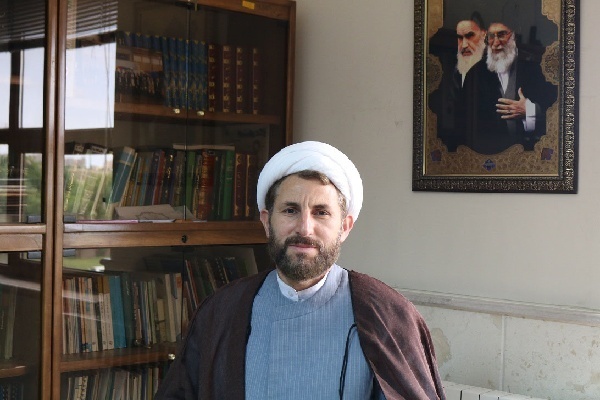Martyrdom Not End But Start of Path to Nations’ Awakening: Cleric


Hojat-ol-Islam Abdollah Hassani, head of the representative office of Leader of the Islamic Revolution at universities in Ardebil Province, made the remark in an interview with IQNA ahead of Ashura, the 10th day of Muharaam and martyrdom anniversary of Imam Hussein (AS) that falls on Sunday.
He said Iran’s recent victory in the confrontation with the Israeli regime is not merely a military success but a manifestation of the enduring spirit of Ashura, which inspires resistance across the Islamic world.
Emphasizing the need to explain the educational, intellectual, and civilizational dimensions of the epic of Ashura to the young academic generation, he stated, “Universities must be at the forefront of promoting the culture of resistance, enlightenment, and the ‘Jihad of Clarification’ (explaining the truth).”
Referring to the most important educational message of Ashura for the youth, he said, “The most important message of Ashura for the young generation is conscious responsibility in the face of truth and falsehood. Imam Hussein (AS) teaches us that we must not remain indifferent to structural corruption, ideological deviation, and historical oppression. This message is a perpetual call to awakening, action, and struggle (jihad) in the path of truth.”
Hojat-ol-Islam Hassani added, “Today’s students must understand that their responsibility is not limited to academic advancement but also includes reviving justice, ethics, and spirituality. Ashura is a model of combining emotion, rationality, and willpower—one that can rescue the youth from aimlessness and apathy.”
Read More:
He noted that institutionalizing the teachings of Imam Hussein (AS) in academia requires a comprehensive and profound approach.
“Concepts such as nobility, steadfastness, religious zeal, loyalty to truth, and self-sacrifice must be conveyed to the academic generation through educational, cultural, and artistic programs.”

The cleric further said, “We must also draw from the historical models of Ashura for character-building—such as the insight of Habib ibn Mazahir, the resistance of Hazrat Zainab (SA), and the loyalty of Hazrat Abbas (AS). Universities should be environments where justice-seeking, social responsibility, combating corruption, and upholding human dignity are valued—not merely academic degrees or social status.”
The cleric described Ashura as a civilization-building discourse, saying, “This discourse highlights principles such as monotheism (Tawhid), justice, leadership based on piety, religious democracy, social sacrifice, and resistance against oppression. Ashura teaches us that we must stand against civilizational deviations—such as the Umayyad caliphate—even if we are in the minority, as long as we have unwavering faith.”
4292651



